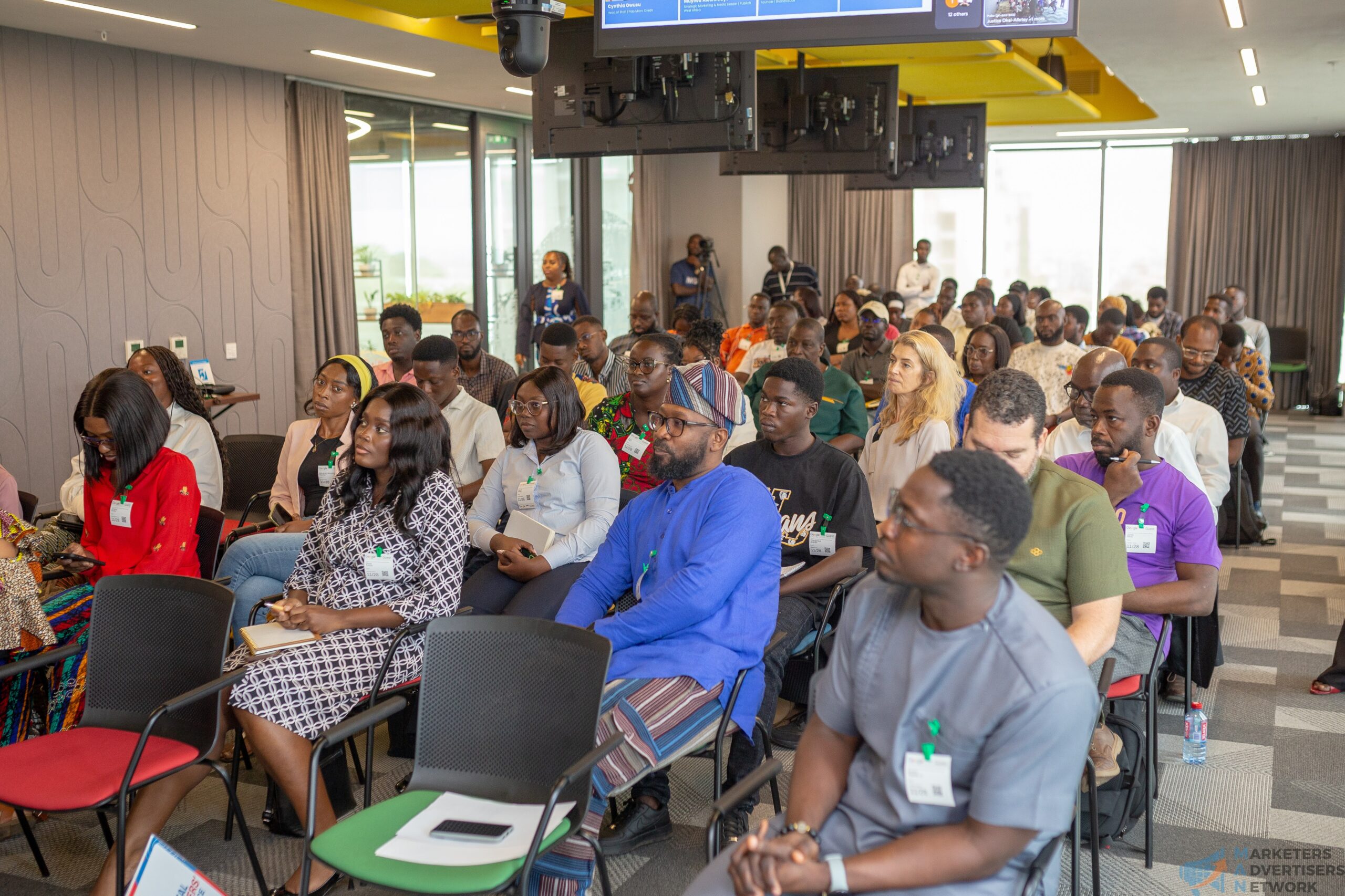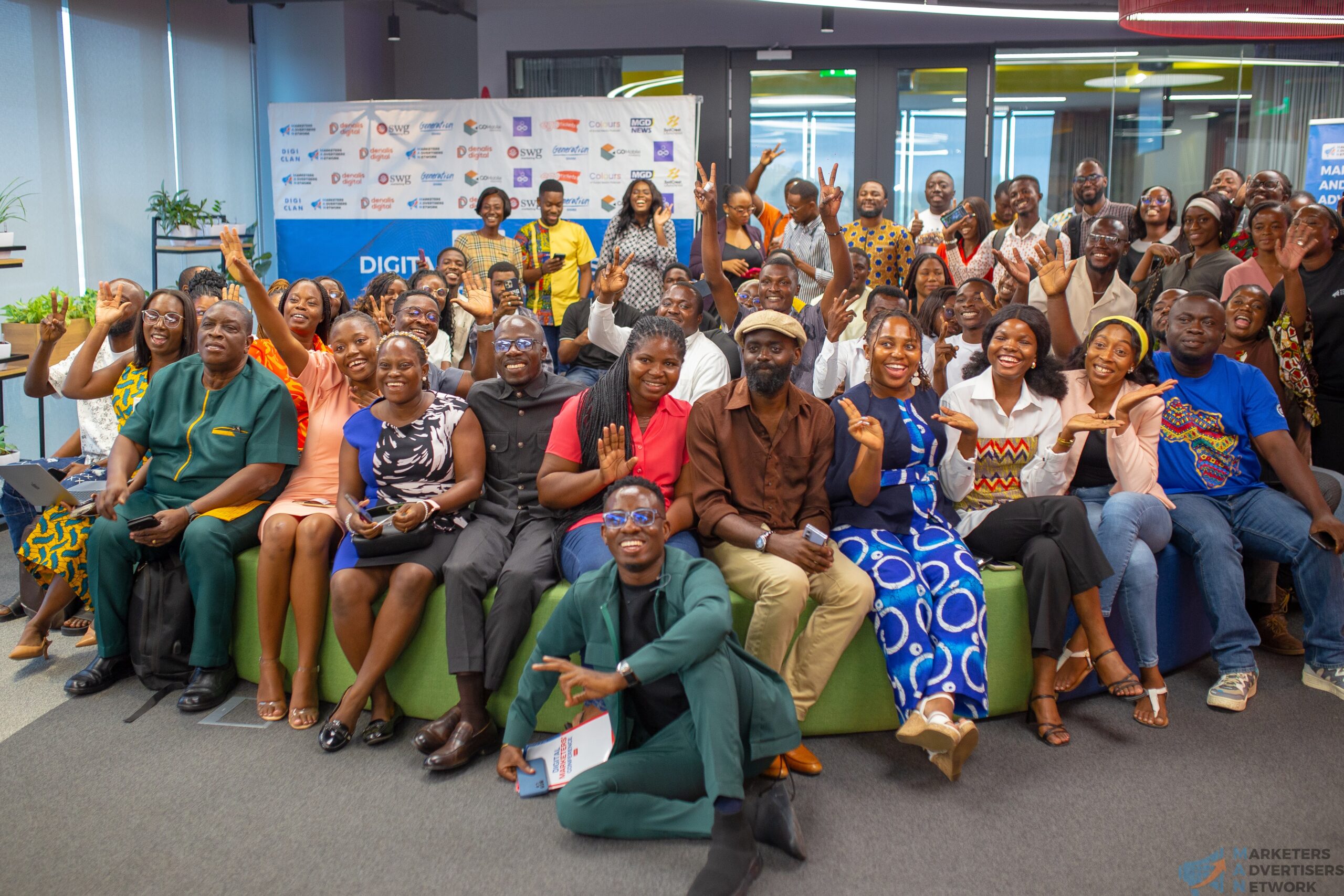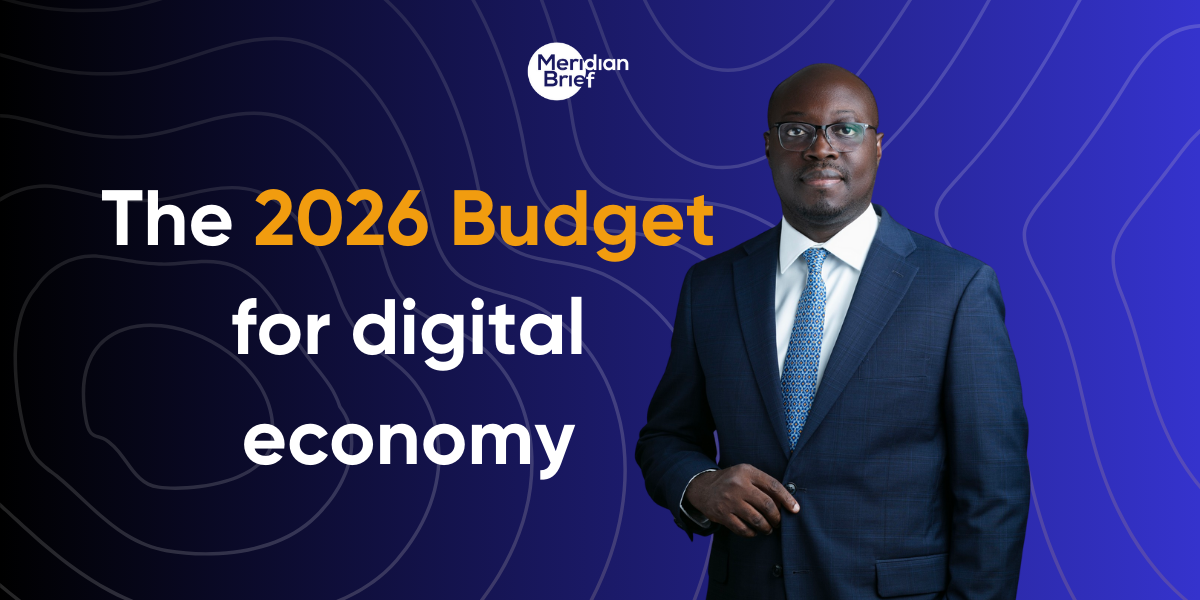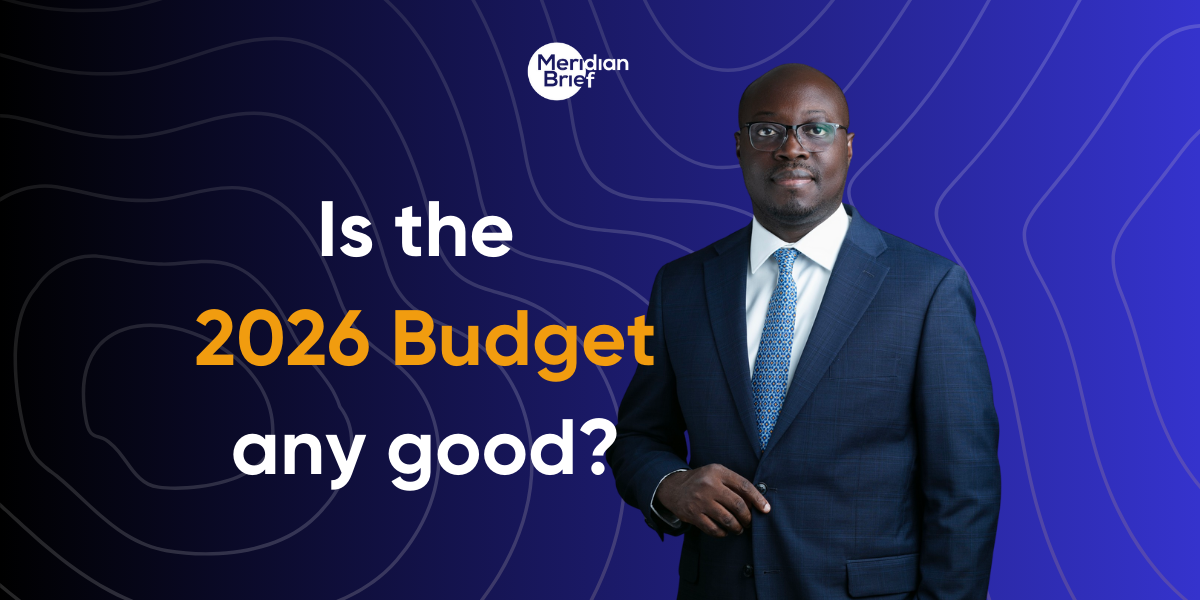Ghana’s plan to establish a new national airline through Ashanti Airlines represents one of the country’s most significant aviation initiatives in recent years. After multiple delays, missed deadlines, and regulatory challenges, the project ultimately failed to take flight (ouch!).
Ashanti Airlines: Ghana’s Failed National Carrier Project
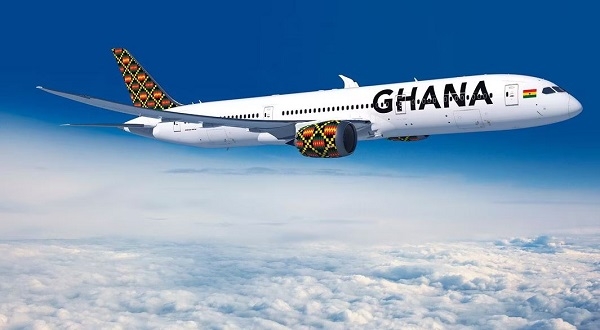
In what seems like a dead-on-arrival plan to revive the national carrier, many Ghanaians are left wondering what actually happened.
Ghana’s plan to establish a new national airline through Ashanti Airlines represents one of the country’s most significant aviation initiatives in recent years. After multiple delays, missed deadlines, and regulatory challenges, the project ultimately failed to take flight (ouch!). This report examines the journey of Ashanti Airlines from its selection as Ghana’s strategic airline partner to its eventual downfall.
Background
In 2004, Ghana Airways collapsed. The reasons range from heavy debt to inefficient management, political interference, and corruption. The airline accumulated significant debt, reaching around $160 million, making it unsustainable.
Historical Context and Selection Process
Ghana has been without a national airline since the collapse of Ghana International Airlines in 2010, which itself followed the demise of Ghana Airways in 2004. This decade-long void in the country’s aviation sector prompted successive governments to seek partners for establishing a new flag carrier. After years of unsuccessful attempts to attract suitable partners, the Ghanaian government announced plans in May 2022 to select a strategic investor.
Ashanti Airlines emerged as the government’s choice, outbidding several established competitors, including EgyptAir, Ethiopian Airlines, and financial firm JNH Group. This selection came as somewhat of a surprise to industry observers, given the aviation experience and established networks of some of the other bidders. Ashanti Airlines was backed by prominent Ghanaian business magnates Osei Kwame Despite, co-founder of the Despite Group of Companies, and his partner, Ernest Ofori Sarpong.
At the time of the selection, Ashanti Airlines already held an Air Carrier License (ACL) but was not yet a fully operational airline. The company still needed to obtain an Air Operator’s Certificate (AOC) – the essential certification required by law before an airline can commence scheduled commercial flights.
Ambitious Plans and Partnerships
Following the selection announcement, Ashanti Airlines revealed ambitious plans for the new national carrier. During the 2019 Dubai Airshow, the Ghanaian government signed a provisional order to acquire three Boeing 787 Dreamliners, indicating intentions to operate long-haul routes. Later reports suggested the airline would initially launch with up to five ATR72-600 aircraft.
In early 2023, Ashanti Airlines announced a partnership with UK-based Zotus Group as its financial backer. Zotus Group was co-founded by former England footballer Emile Heskey and entrepreneur Davison Simango. In January 2023, Zotus Group confirmed to aviation media that Ghana Airlines would commence operations within the year.
The ownership structure was reported to involve the strategic partners holding a 49% share, local individuals and corporate institutions 41%, and the Ghanaian government retaining 10%. Ghana’s Transport Minister, Kwaku Ofori Asiamah, emphasized the importance of private sector collaboration, stating, “The time has come to return Ghana to the aviation map. Learning from past experiences and following best practices within the aviation industry, it is best to collaborate with the private sector“.
Repeated Delays and Missed Deadlines
Despite initial optimism, Ashanti Airlines failed to meet its announced deadlines. The original plan to commence operations by the end of 2022 quickly proved unrealistic. Subsequently, government officials and company representatives indicated that the airline, to be named Ghana Airlines, would start selling tickets in April and May 2023 and launch commercial flights by June or July 2023.
These revised deadlines also passed without any operational activity. By January 2024, industry observers began reporting that Ashanti Airlines and Zotus Group had failed to deliver on their promises. According to aviation industry sources, despite Ashanti’s initial vigor in pursuing the AOC certification process, the company had “trailed the process for months, stretching back to last year”.
Kwame Governs Agbodza, the Minority Chief Whip in Ghana’s parliament, expressed vindication about his earlier warnings: “When it was awarded to Ashanti Airlines, I warned them that this will not succeed because they lack the expertise. Running an airline is not like buying and parking an expensive car in your house“.
Regulatory Challenges and Suspension
A critical turning point came in May 2024 when the Ghana Civil Aviation Authority (GCAA) suspended Ashanti Airlines’ certification process. The GCAA confirmed that the suspension occurred because “the company did not submit sufficient information“. This regulatory setback effectively halted any further progress on the airline’s development.
By October 2024, industry reports confirmed that the proposed “Ghana Airlines” still had no license, no aircraft, and appeared to be facing insurmountable challenges. The Daily Graphic, a prominent Ghanaian publication, reported that Ashanti Airlines Limited (AAL) lacked the financial strength required for the business.
An anonymous source indicated that Ghana’s National Airline Committee had “lost confidence” in AAL’s ability to revive Ghana’s national airline. Despite these concerns, the Chief Director of the Ministry of Transport, Mabel Sagoe, continued to insist that the airline was “progressing steadily” toward acquiring its air operator’s certificate.
Official Acknowledgment of Failure
The definitive confirmation of the project’s failure came in March 2025 when Ghana’s returning president, John Dramani Mahama, announced his government’s intention to restart the process of establishing a national airline. In his first State of the Nation address following his reelection, President Mahama explicitly acknowledged the previous administration’s failed attempt:
“The last attempt by the previous administration to re-establish a national airline has failed,” Mahama stated. “We will reopen a transparent expression of interest to invite competent, established partners to work with us to establish a national airline. We believe that an efficient national carrier can help reduce fares on routes where external carriers are currently enjoying a monopoly“.
Current Status and Future Plans
As of May 2025, the Ghanaian government has moved on from the Ashanti Airlines initiative and is pursuing a new approach to establishing a national carrier. Most recently, the government announced plans to inaugurate a strategic task force specifically designed to fast-track the revival of a national airline.
This new attempt represents Ghana’s latest effort in a series of unsuccessful initiatives spanning nearly two decades. The country has been without a national airline since operations were suspended due to a U.S. ban linked to operational debts.
Conclusion
Despite backing from prominent local business figures and a UK-based financial partner, the initiative failed to overcome regulatory hurdles, operational challenges, and possible financial limitations.
The Ghanaian government’s renewed commitment to establishing a national airline with “competent, established partners” suggests lessons have been learned from the Ashanti Airlines experience. Whether this new approach will succeed where others have failed remains to be seen, but the explicit acknowledgment of past failures may indicate a more rigorous selection process and oversight in the future.
Ghana’s aviation sector continues to operate without a home-based flag carrier, a situation the current administration has identified as allowing external carriers to enjoy monopolistic advantages on certain routes. The coming months will likely reveal whether Ghana can finally establish the successful national airline that has eluded it for nearly two decades.
Subscribe to MDBrief
Clean insights, a bit of sarcasm, and zero boring headlines.
